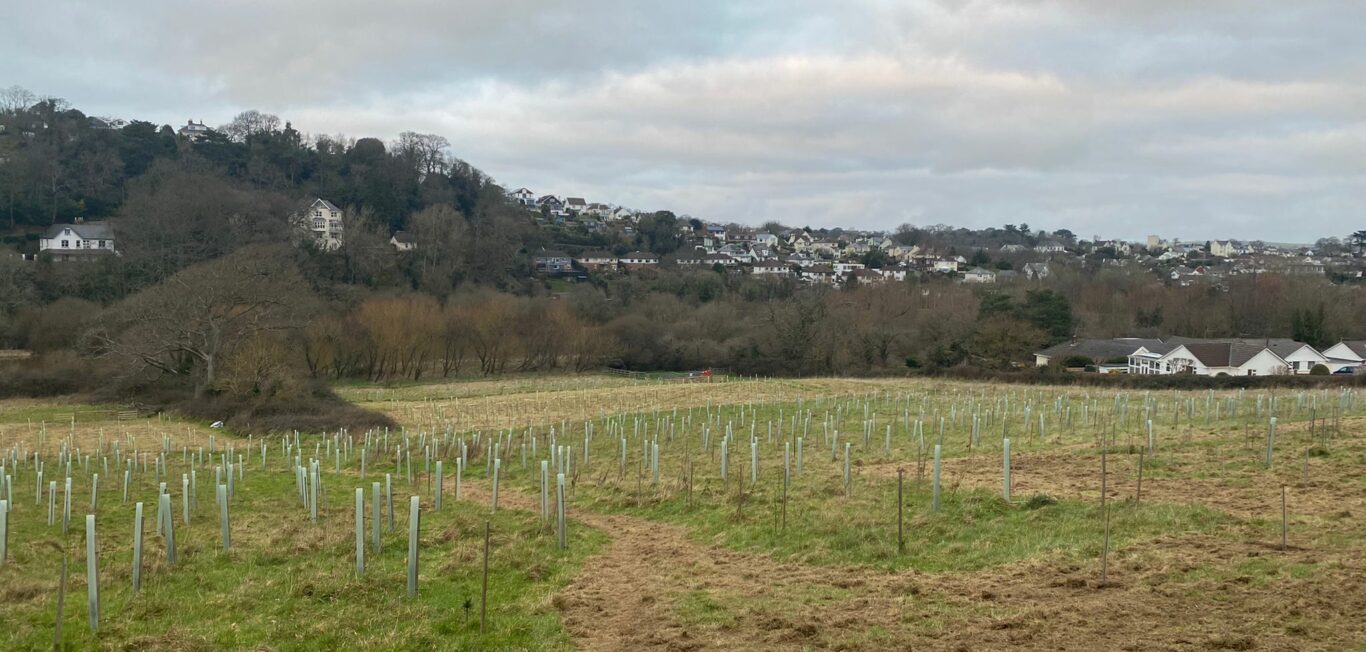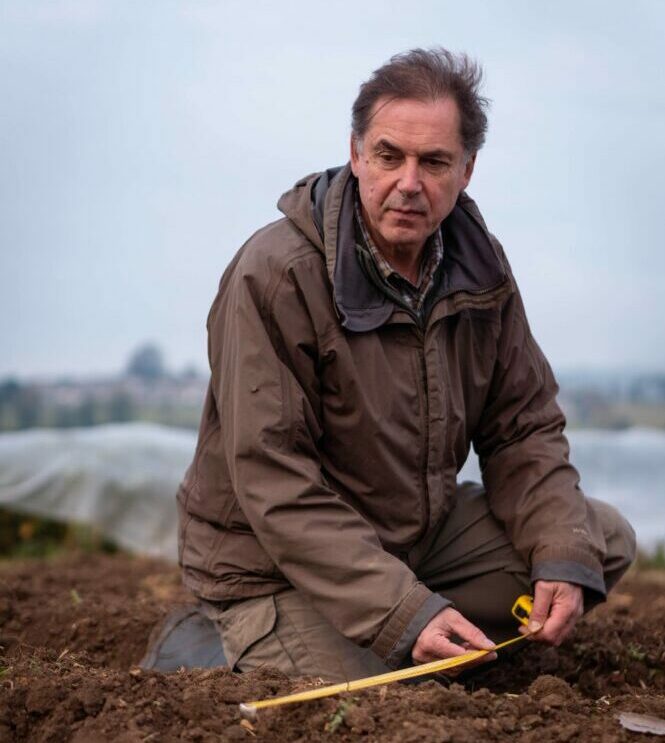
Agriculture and Climate Change: from villain to hero
Sign up to ASIBA’s upcoming masterclass on agriculture and climate change led by Greene’s College Oxford’s Chairman & Managing Partner, Christopher Upton.
About the webinar
Agriculture is both the largest user of land and our largest engineered ecosystem. Agriculture – the way we clear land, modify landscape, treat our soils, grow our food, manage the growing environment, rear farm animals, use agro-chemicals, etc. – has a negative impact on our climate.
New thinking based on new insights into soil biology and a new approach often referred to as “Regenerative Agriculture” or “Agro-ecology” has a positive impact on climate and could slow down or even reverse climate change.
Properly understood and carefully designed, regenerative agriculture has the potential to sequester large amounts of CO2 from the atmosphere and bury it in the ground. Soils with a high carbon content are better at storing and filtering water and will have a healthy biological activity. A biologically active soil will support diverse above-ground plant, insect, bird and animal life. Healthy undisturbed soils will auto-regulate water and mineral cycles – especially nitrogen and phosphorous – to eliminate pollution of our rivers and oceans from the chemicals used in agriculture, synthetic fertilisers and animal waste.
A 15% increase in the world’s terrestrial carbon stock would remove all the carbon pollution emitted since the industrial revolution. A 2% maintained increase in soil organic matter across the world’s farmlands would remove all the carbon emitted from the burning of fossil fuels over the last 100 years.

Christopher Upton
Christopher has been involved in climate action since the mid-1990s when he issued the world’s first carbon-offset certificate to the government of Costa Rica, funded by the World Bank in 1997. This was included in the climate change conference in Kyoto, highlighting the positive roles that forestry and agriculture can play in mitigating climate change.
Christopher has an MA in Agricultural and Forest Sciences form the University of Oxford and a Masters degree in Agricultural Economics.
Since the 1980s he has been involved in a range of agro-forestry research programmes, the financing of farming systems in East Africa, and community tropical forest management in Fiji. In the 1990s he began working in tropical forestry and forest certification, where together with WWF he created the Forest Stewardship Council. Christopher has co-authored and published the Forest Certification Handbook.
He has completed numerous assignments on forest taxation and management for the World Bank, IMF.
As the founder of Zerodig, he is currently involved in farming systems in England, Switzerland, France and Ireland. Christopher is Executive Chairman of Greene’s College Oxford.

